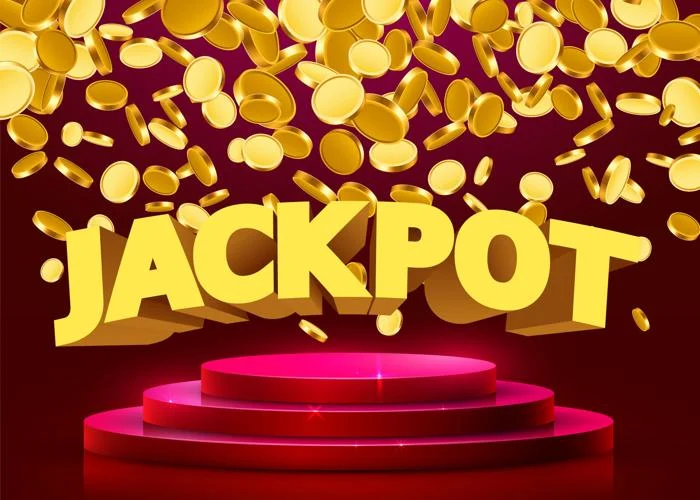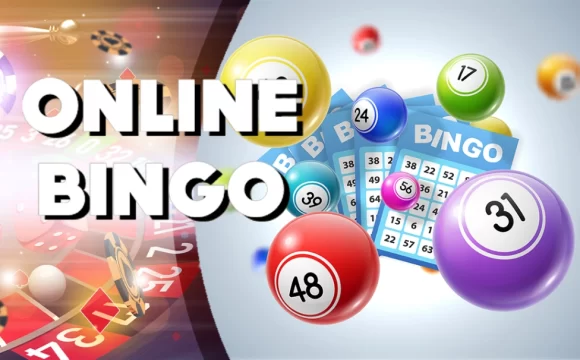A jackpot prize in lottery is the grand prize available, typically paid out as either an annuity or lump sum cash payment depending on its game rules.
Tuesday night’s Mega Millions drawing ended without any winners, continuing the streak that started back in April. Still, its jackpot remains one of the three highest jackpots ever awarded in U.S. history.
It is a fixed amount
The word jackpot refers to any large prize won from gambling or sweepstakes, commonly lottery prizes; jackpots have grown larger as lotteries have reduced odds of winning. Furthermore, it serves as both an adjective and verb; its verb form means to hit a jackpot. These examples were automatically collected from online sources and do not necessarily represent the opinions or editorial stances of Merriam-Webster or its editors.
The jackpot prize in any game is the grand or top prize, typically distributed as either pari-mutuel annuities or lump sum cash payments depending on its rules.
It is a progressive amount
Progressive jackpot slots use a small portion of each bet to add up a magical total that keeps increasing until a lucky punter manages to hit the trigger and trigger it all at once. You may have seen pictures of winners holding oversized cheques but may not know that your odds of hitting these jackpots depend on how big your bet size is.
Progressive jackpot values are determined using mathematical formulas. Each time it is won, its value resets back to a predetermined minimum value – making the bigger jackpot more likely for anyone hoping to hit it – though not guaranteeing you a victory! Generally, progressive jackpots are accumulated via money bets or deductions to casinos and tend to grow faster when games that require maximum-credit bets require greater wagers; though any progressive jackpot can only be won by aligning special symbols onto specific paylines in either a single spin or after an active bonus round!
It is a lump sum
Selecting between taking a lump sum payment or an annuity payment can have an immense effect on your financial future. Before making your choice, it’s essential to take into account both current and projected tax costs before making your choice. Consulting with an expert financial professional is also key for finding which is the most appropriate choice.
Though most financial professionals are honest and hardworking, a few may be less scrupulous than others. You should conduct extensive background research on any professional you intend to work with before engaging them, particularly any who has come under fire from regulators or investors in the past.
Most lottery winners prefer lump sum payouts over annuities because they feel better able to invest their winnings immediately and want the cash without risk of fraud or poor investments; additionally annuities may incur gift taxes which cost winners even more money than taking out a lump sum payout would.
It is an annuity
The jackpot prize of a lottery game is its top or principal prize and may come in either fixed or progressive amounts. When considering how these prizes are distributed, it is essential that winners understand how their payment works; some lotteries offer cash options while others may provide annuities over 30 years; no matter your choice of payment option, federal taxes will still be withheld from both options.
Once you win the lottery, it is wise to enlist professional advice – from attorneys, accountants and financial planners – as you consider your options and safeguard your privacy. They may also advise on state laws regarding whether or not to disclose winnings publicly.
“Jackpot” is an ambiguous term, sometimes used to refer to both a large prize in a lottery or sweepstakes and also to a town near Idaho. Additionally, “Jackpot” is also the name of Fortune Well’s newsletter which provides simple strategies on how to work smarter and live better lives.









